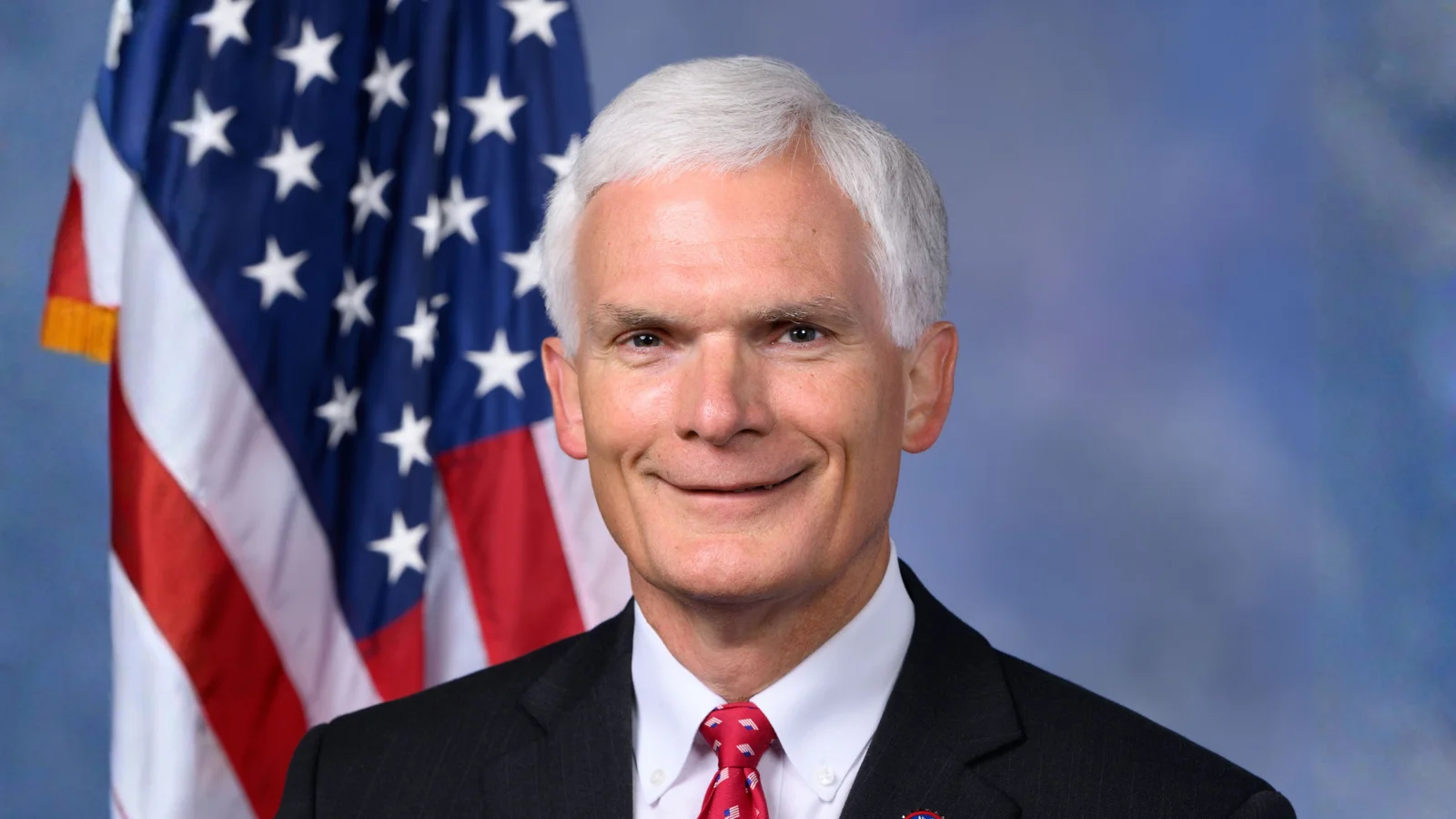Congressman Bob Latta, Chairman of the House Energy and Commerce Subcommittee on Energy, delivered an opening statement during a markup session in Washington, D.C., where eight energy-related bills were considered. The proposed legislation aims to increase consumer choice, lower energy and housing costs, and reduce regulatory requirements.
Latta highlighted that Americans weigh factors such as cost, reliability, size, and durability when selecting appliances or equipment for their homes or businesses. He emphasized the need for consumers to have access to a wide range of products to best suit their needs.
Latta criticized the previous administration's implementation of nearly 30 energy efficiency standards that he said led to over $60 billion in costs and reduced product availability. One bill under consideration is H.R. 4626, the Don’t Mess with My Home Appliances Act. According to Latta: “H.R. 4626, the Don’t Mess with My Home Appliances Act, would amend the Energy Policy and Conservation Act to reform the statutory procedures for issuing or amending energy efficiency standards.”
He argued that this change would ensure standards meet legal requirements while providing certainty for manufacturers and consumers.
With winter approaching, Latta stressed the importance of durable and affordable appliances for critical functions like home heating while maintaining energy efficiency. He also discussed airtight building envelopes as a means to retain warmth and keep utility bills low during colder months. In this context, H.R. 4758—the Homeowner Energy Freedom Act—was introduced to repeal parts of the Inflation Reduction Act related to state adoption of unamended building codes.
Citing witness Brian Tebbenkemp from a previous legislative hearing, Latta read: “I think we can all agree that American families deserve safe, strong, and efficient homes, but we need a better pathway forward that gives local control, encourages innovation, and keeps homes within the reach of Americans.” Latta called passage of H.R. 4758 "an important step towards accomplishing that shared goal."
The subcommittee also considered H.R. 4690—the Reliable Federal Infrastructure Act—which seeks to repeal section 433 of the Energy Independence and Security Act requiring federal buildings to phase out fossil fuel use nationwide. Latta stated: “This policy...not only poses a significant national security risk, but it could in fact increase energy consumption as the direct use of natural gas is about 92 percent efficient compared to 33 percent for electricity.”
Latta continued by underscoring energy efficiency over bans for federal buildings and referenced bipartisan support for H.R. 3474—the Federal Mechanical Insulation Act—which would require assessments on mechanical insulation during federal building audits.
Additional measures included H.R. 3699—the Energy Choice Act—to prevent states or localities from banning access to certain types or sources of energy; H.R. 5184—the Affordable HOMES Act—to remove duplicative manufactured housing standards; H.R. 4593—the SHOWER Act—to clarify showerhead definitions; and H.R. 1355—the Weatherization Enhancement and Readiness Act—with hopes for bipartisan agreement before full committee review.
Latta concluded: “The suite of legislation before us today represents an opportunity for this Committee to implement reforms that re-prioritize energy efficiency policies towards the items that matter most to consumers: affordability, availability, and durability.”









